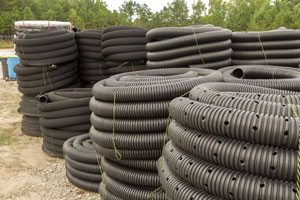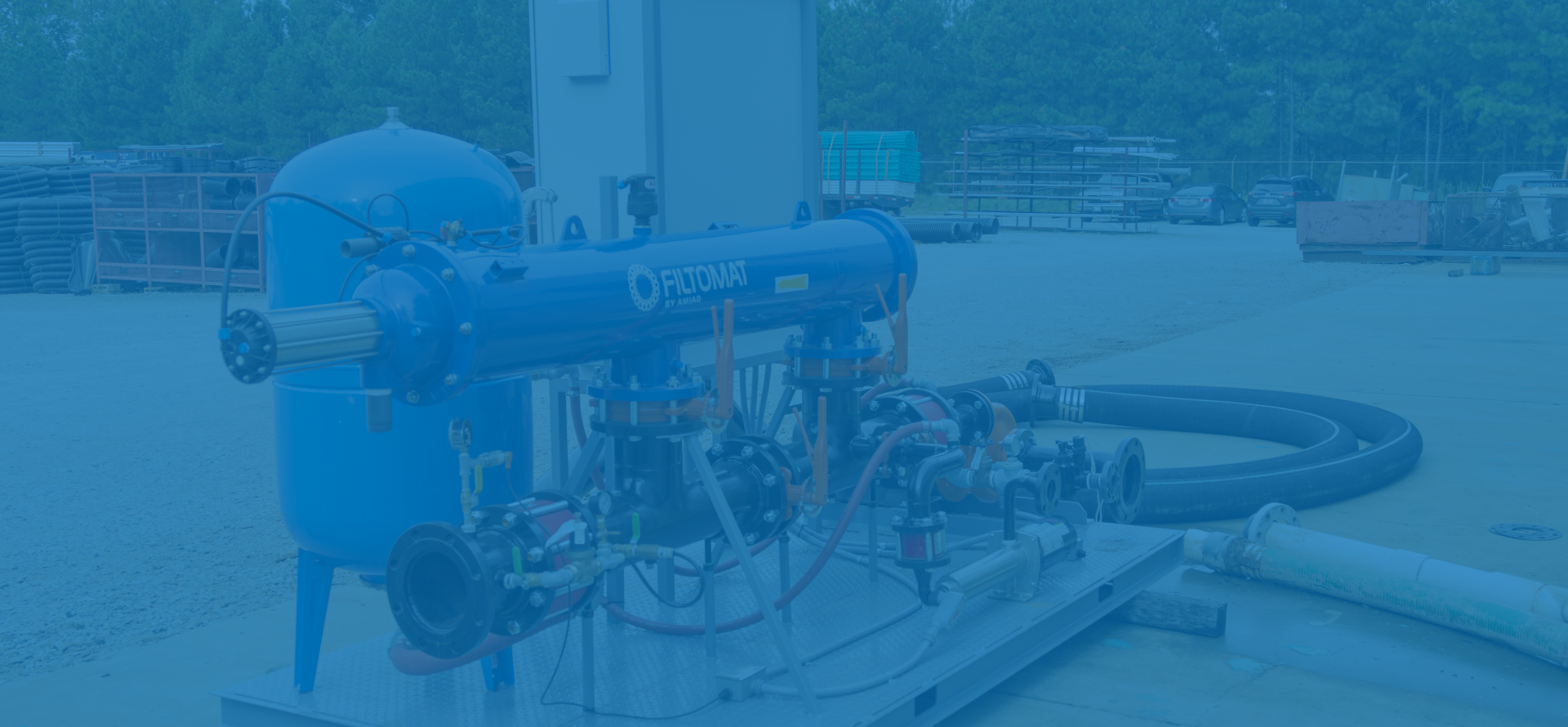Drip irrigation waters plants literally one drop at a time. Sometimes the delivery mechanism runs across the open ground. Other times it’s buried underneath the soil. In either case, all drip irrigation systems contain three essential features: This last feature points out one of the primary challenges of using drip irrigation: the need for effective filtration. Even a small amount of dirt or other contaminant can clog up the works, starving plants of needed nourishment. Distributing fertilizer is another challenge when using drip irrigation. Traditional granular fertilizing agents can be applied prior to planting. Drip grade liquid fertilizers are available for injection into the drip irrigation system and can be used as supplements to the granular fertilizer. So, should you use drip irrigation or not? The answer to this question depends on multiple factors. Here are six pros and cons of the method to help you make an informed decision. Have other questions about drip irrigation? We invite you to contact W.P. Law, Inc. for more information.
What Is Drip Irrigation?
Pros
Cons
Stay Connected
Sign up today to keep up with the newest information from one of the Southeast’s leading suppliers of fluid handling equipment!








